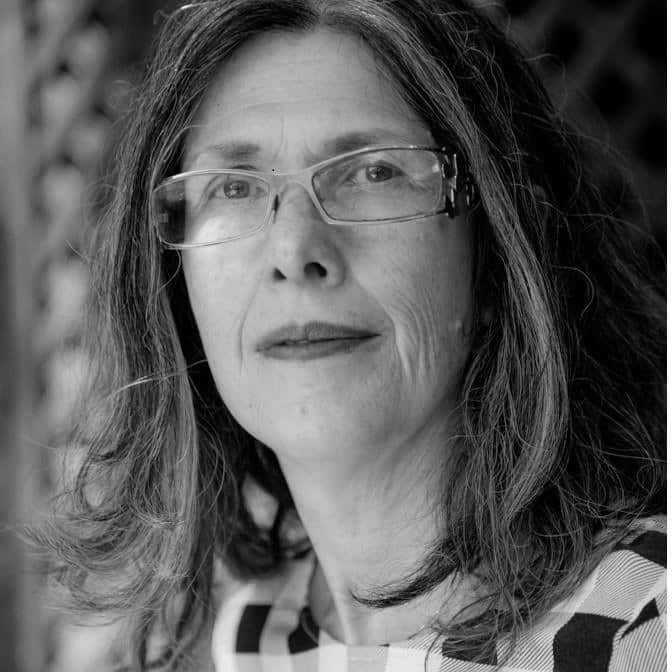 Wojciech Stattler’s “Machabeusze” (“The Maccabees”), 1844
Wojciech Stattler’s “Machabeusze” (“The Maccabees”), 1844 This will be a special Hanukkah. As we light the hanukkiah on eight nights, the light growing greater as we plummet into Solstice darkness, we can be especially grateful to have endured a year of death and sorrow, political upheaval and, very possibly, a rekindling of hope.
Hanukkah, for me, has always been a holiday that commemorates freedom and Jewish pride. It’s also a pure celebration — no restrictions whatever (except for eulogies), delicious food from several Jewish cultures, beautiful candles, songs and gambling for chocolate! A delight for each of the senses with which to elevate our spirits.
Because I so love Hannukah, I’ll confess to a certain irritation when people disparage the holiday by observing that the victories we celebrate were not only against the Seleucid Greek invaders but also against Hellenists who supported them. Of course they were. Local supporters of colonialism were to be expected: Colonialist regimes usually work with collaborators from the ruling and subaltern classes in the societies they conquer. They give their collaborators real goods, material and cultural, some of which can even be appropriated to serve the cause of liberation itself.
Some have suggested that the Maccabees were religious extremists who fought against the importation of knowledge, advanced commerce and other potential benefits brought in by the empire. Harvard Professor Shaya Cohen refutes this convincingly in “From the Maccabees to the Mishnah,” arguing that the whole Mediterranean world was Hellenistic in the way that our planet now is Americanized. People — including Maccabean leaders — used Greek as a lingua franca in the way that many now use English. The Maccabees adopted all sorts of innovations learned from their invaders, including the innovation that made the Hanukkah holiday possible — declaring a holiday that was not given from the Torah. Sadly, the Hasmonean dynasty established by the Maccabees learned so much from its neighbors that it wound up building a regime not much better than those surrounding it, ultimately making a disastrous alliance with the Roman Empire itself.
So, are we celebrating futility during Hannukah? If the Maccabees were not the sort of intolerant zealots that many of us avoid, were they, in fact, too assimilated, since their descendants were eventually defeated?
Were the Maccabees too assimilated, since their descendants were eventually defeated?
Maimonides’ explanation of Hanukkah in Hilchot Megillah v’Hannukah provides an answer. The Rambam teaches in chapter three, halacha three that the Maccabean victory resulted in years of freedom — until the Second Temple was destroyed. The Rambam begins his discussion of Hanukkah by directing us to celebrate a victory that did not bring about the Messianic Age. It just made things better in this world for a little while.
For me, the Maccabees bring two important lessons. One is that they resisted absorption, finding a bottom line in the people’s brit, our covenant with One God. It’s pertinent that there was never a popular movement for Hebrew resistance to Alexander the “Great.” He showed up, received his tribute and went on his conquering way. His inheritors only stirred resistance when they tried to force their religion onto the people. When provoked, the people discovered a bottom line for themselves and helped to define what would later be called Judaism — not just the local cult of the Judean people but a worldwide tradition at home in texts and deeds. We who champion multi-culturalism today, who resist assimilation and celebrate Hanukkah joyfully even as we support our neighbors who observe different holidays, are their true inheritors.
The other lesson we learn from the Maccabees is that victories do not guarantee their perpetuation. Eventually, the Hasmoneans succumbed to the cultural and commercial pressures around them. Eventually, the Romans conquered the land. Our Rabbis understood the impermanent nature of victories in this world. They changed the orientation of Hannukah from a celebration of martial victory to one of spiritual triumph, a victory of the oppressed over the merely strong.
For many of us, this year’s Hanukkah celebration is bound up with the struggle to build a true multi-racial democracy, a victory for the oppressed. Although we may breathe a little easier after the presidential election, we must still dedicate ourselves with each candle we kindle to keeping the light of freedom alive, no matter who the leaders of our country are. We still work to end the violence of systemic racism and fight to see that everyone has access to the best care as COVID-19 vaccines become available.
First, we light candles, we bless and sing, play and eat. Then we continue to make this world a little better than we found it.
Rabbi Robin Podolsky serves on the Board of Governors for the Sandra Caplan Community Bet Din, writes at shondaland.com and jewishjournal.com, advises the Jewish Student Union at Occidental College and serves as writing facilitator and dramaturg for Queerwise, a spoken word and writing group.























 More news and opinions than at a Shabbat dinner, right in your inbox.
More news and opinions than at a Shabbat dinner, right in your inbox.